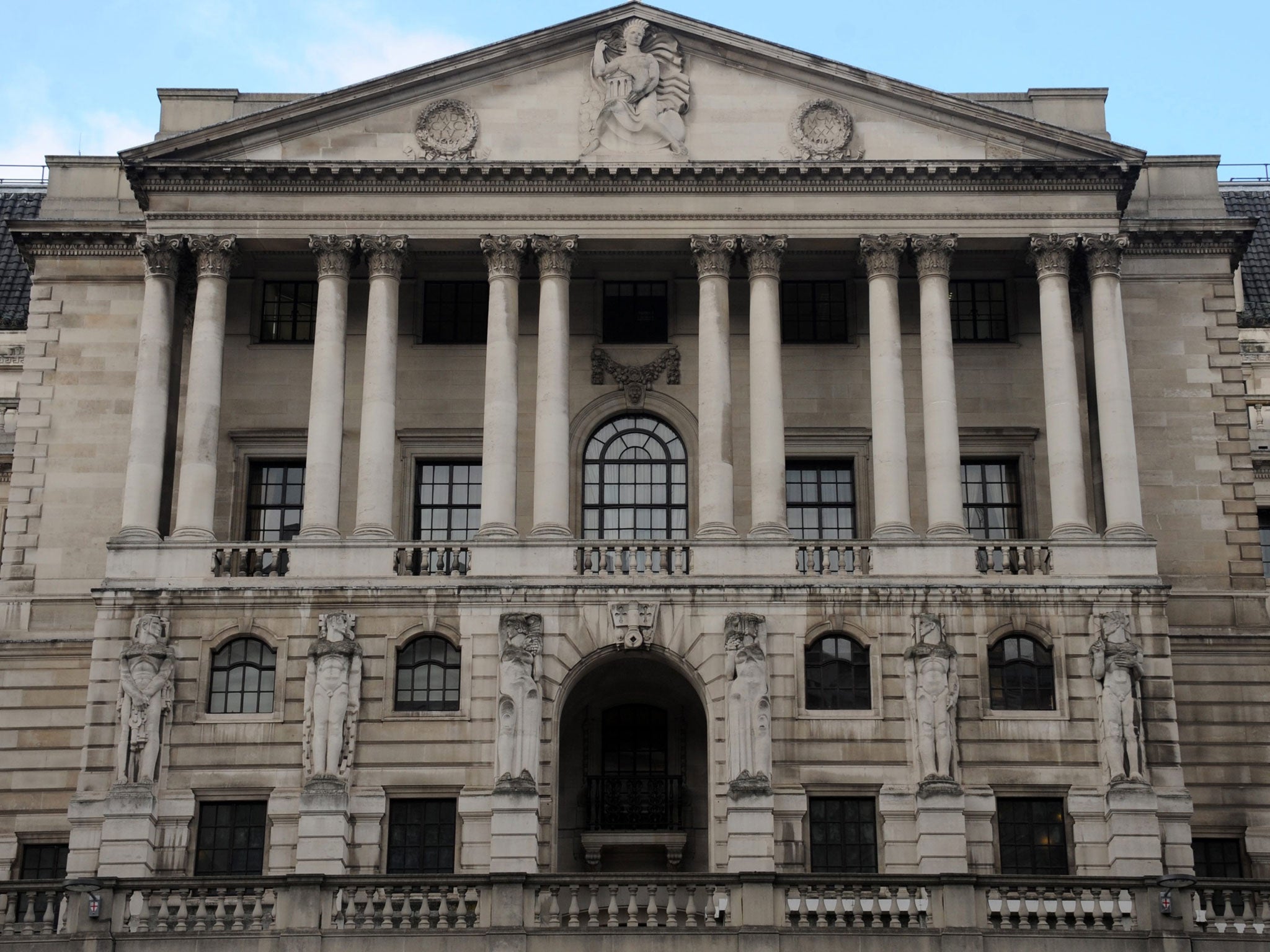Reopening the economy – when the time arrives – will not be easy
Editorial: The Bank of England is expecting people to spend the war chest of savings built up during the pandemic, but there are a number of other issues to think about

As Covid-19 vaccines are rolled out, the focus of the government will shift to the best way to reopen the economy. Andrew Bailey, governor of the Bank of England, believes that there will be a post-Covid spending binge and he is probably right.
That is also the view of the bank’s chief economist Andy Haldane, and the bank has a solid record for forecasting how the economy is likely to behave. It also has the advantage of seeing all the payments data – what we are spending, where and how. The bank is looking at the extra £125bn of savings people have built up since the pandemic struck, a war chest that consumers have available to spend once the lockdown lifts.
Not all of that will spent straight away – the bank thinks about 5 per cent of it, though maybe more – but the bounce in consumption will surely lead to strong growth in the second and third quarters of this year. But a general recovery, however welcome, will leave some sectors behind.
Mr Bailey noted that the economy was going through a huge structural shift in retailing patterns and other ways. While this was not as fundamental as the shift from manufacturing to services in the 1980s and 1990s, it was substantial. He could have added that it is taking place more swiftly. Online retail sales have risen from around 20 per cent of the total at the beginning of last year to 31 per cent in December.
The analogy with the shift from manufacturing to services is, however, useful. While with hindsight the UK did indeed have to make a transition away from the sectors of its industries that had become uncompetitive, also with hindsight that transition was not at all well managed. Many businesses could not have been saved. But potentially solid companies that were going through a rough period went under through no fault of their own, but because of wider economic policies. The social and economic damage to large areas of the country is evident still today.
The lessons include the need to support sectors that have lost out. These obviously include retailing, or rather the parts of cities where that was the dominant activity. No government can stop people shopping online, nor would anyone want them to. But the high street needs help to rebuild its future. A wise government industrial policy should not seek to inhibit the growth of the winners, though there is a case for some sort of levy on the big-tech sector. Instead it should see what it can do to promote the UK as a welcome place for technology companies to start and grow.
It should clear barriers, watching for areas of potential growth that might be held back. And it should train, up-skill, and develop the workforce that will be needed by the fast-growing sectors. They will be a key element in the “greening” of the economy. In short, government should get on the right side of what is already a seismic social and economic shift, and one that will run for many years to come.
None of this is easy. Reopening will have to be progressive and work on the basis of evidence that the virus is in full retreat (when that point eventually arrives). But there is an opportunity here to make the rebalancing of the economy a success. Government is an enabler, not a dictator. Its task is to enable sectors that will grow to do so more swiftly, and sectors that will shrink to adapt and find new ways of deploying their resources. There is of course the prime economic case for needing to make the reopening a success. This is, after all, about building wealth for the future. But there is a social and environmental case too.
Without economic success Britain cannot be a fulfilled society. But without social accord and environmental harmony it cannot be an economic success either.

Join our commenting forum
Join thought-provoking conversations, follow other Independent readers and see their replies
Comments